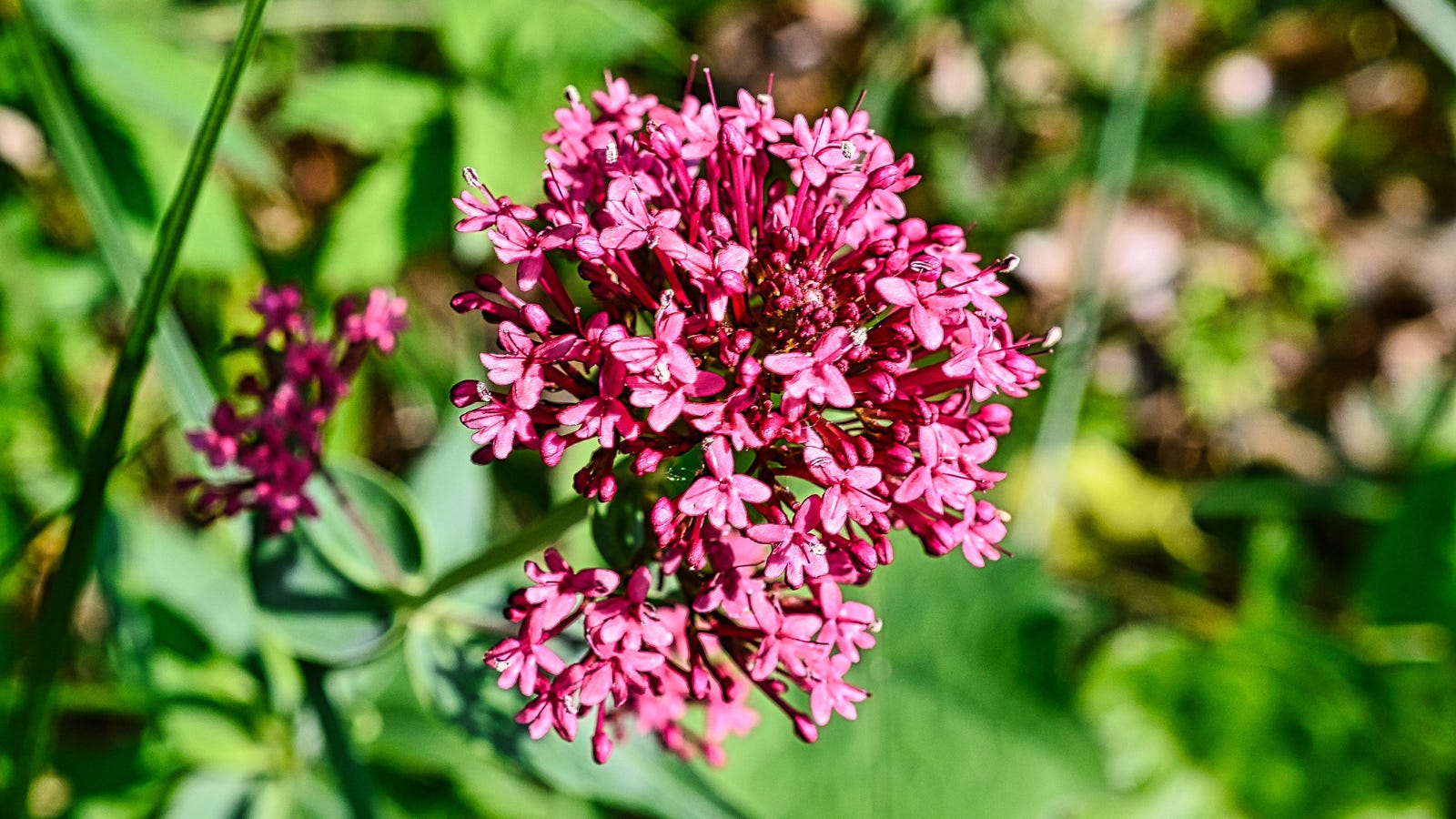- EARTH TO AILMENT
- Posts
- Earth To Ailment #41
Earth To Ailment #41


The webpage discusses cavities, which are small holes in teeth caused by tooth decay resulting from plaque build-up. While cavities cannot be removed at home and require professional dental treatment, the article emphasizes that proper home care can prevent their onset.
It highlights the importance of good oral hygiene practices like brushing, flossing, and using fluoride toothpaste to remineralize tooth enamel. Additionally, several home remedies, such as oil pulling and the use of aloe vera, may aid in improving dental health and preventing cavities.
The text further advises maintaining a balanced diet, avoiding sugary foods, and consulting a dentist regularly for optimal oral health. Ultimately, the best approach to managing cavities is a combination of professional dental care and conscientious home practices.

The article from The Old Farmer's Almanac explores the versatile uses of mint leaves, highlighting their culinary, medicinal, and practical benefits. It offers 12 creative applications, including enhancing salads, drinks, and tea, as well as serving as an antibacterial mouthwash and refreshing facial astringent.
Mint has a rich history of traditional medicinal uses, known for easing digestive issues and promoting relaxation. Notably, the mint family also attracts beneficial pollinators while deterring unwanted pests.
The piece emphasizes the importance of handling mint with care, especially in concentrated forms like essential oils, due to their potent properties. Gardening advice is included, cautioning about mint’s invasive nature and suggesting ways to contain it effectively.
Overall, the article celebrates mint as a remarkable herb with a plethora of uses, enriching both our health and culinary experiences, while also reminding us to be mindful of its powerful effects.

This webpage offers a comprehensive guide to quick remedies and preventive measures for headaches, emphasizing natural approaches that can alleviate pain effectively. Authored by medical professionals, it highlights 16 home remedies including hydration, caffeine, essential oils, and yoga.
The article explains that identifying headache triggers—such as certain foods, dehydration, and stress—plays a crucial role in treatment. Additionally, it discusses the importance of nourishment, recommending magnesium-rich foods and anti-inflammatory options like fatty fish and herbal teas.
The page also guides readers in recognizing headache types and their specific triggers while suggesting that collaboration with healthcare professionals can enhance treatment decisions. With practical tips and sincere advice, the article supports individuals in managing headache discomfort and improving their overall well-being.

The Tulsi plant, also known as Holy Basil, is a revered herb with significant health and spiritual benefits. Used for centuries in traditional Indian medicine, particularly Ayurveda, Tulsi is valued for its rich array of medicinal properties, including its ability to boost immunity, reduce stress, and improve respiratory health.
The plant thrives in various conditions and is celebrated for its fragrant leaves, which contain essential oils and antioxidants. There are four main varieties of Tulsi, each offering unique health benefits.
Regular consumption, often in the form of tea, can aid digestion, combat infections, and support heart health. However, caution is advised for certain populations, such as pregnant women.
Overall, Tulsi embodies a profound connection to wellness and spirituality, inviting individuals to incorporate it into their daily lives for enhanced health and clarity. Always consult a healthcare professional before starting new remedies.

Vaginal atrophy, characterized by dryness, inflammation, and thinning of the vaginal walls, can significantly affect one's quality of life, especially during and after menopause due to decreased estrogen levels. Natural remedies may provide relief and include lifestyle changes such as quitting smoking, staying sexually active, regular exercise, and proper hydration.
Additionally, natural lubricants like coconut oil and aloe vera may alleviate discomfort. While diet's role is less direct, vitamin D and probiotics show promise in managing symptoms when discussed with healthcare providers.
Medical treatments such as topical estrogen creams or systemic hormone therapy offer effective options but should be approached cautiously, especially for those with a history of certain cancers. If symptoms interfere with daily life, it's vital to consult a doctor, as supportive treatments can improve overall well-being and restore confidence.
Seeking help is essential; vaginal health matters and there are solutions available.
:max_bytes(150000):strip_icc():focal(1016x168:1018x170)/hirsch-institute-apple-cider-vinegar-netflix-aisha-dee-alycia-debnam-carey-main-021125-a79d046fddc8426987e3218fceb5a110.jpg)
The Netflix miniseries "Apple Cider Vinegar" explores the troubling narrative of Belle Gibson, a wellness influencer who falsely claimed to cure her terminal brain cancer through alternative treatments. The show, while fictionalized, is grounded in the real-life drama of Gibson's deceit, which included fabricating her health struggles and exploiting her followers for profit.
Key to the plot is the fictional Hirsch Institute and its unproven holistic treatment methods, based loosely on the controversial Gerson therapy. Through this portrayal, the series examines the dangers of prioritizing alternative medicine over conventional treatment, particularly in cancer care.
While the film invokes earnest inquiries about health and wellness, it ultimately underscores the need for honesty and scientific evidence in medical treatments. As viewers navigate this complex narrative, they are prompted to consider the implications of misinformation in health discourse and the importance of trust in healthcare.

In her article, Dr. Cassandra Quave examines valerian, a natural herb traditionally used for sleep support and anxiety relief.
Amid current stresses in the scientific community, stemming from funding cuts, she explores herbal remedies as alternatives to common treatments like alcohol, which can disrupt sleep and worsen anxiety. While studies on valerian’s effectiveness yield mixed results, clinical trials indicate that a standardized valerian extract may help improve sleep quality, allowing users to fall asleep faster, sleep longer, and wake more refreshed.
Additionally, valerian has shown promise in providing neuroprotective benefits and mitigating anxiety without severe side effects. Dr.
Quave emphasizes the importance of consistent quality in herbal products and encourages further standardization in studies. Ultimately, valerian stands out as a potentially safe and effective option for those struggling with mild insomnia.

The webpage discusses the treatment of diphtheria based on an article by Dr. John M.
Batten, published in JAMA in 1885. Dr.
Batten reported an encouraging recovery rate of 80% among his diphtheria patients, utilizing a combination of chlorate of potash, iron tincture, a nourishing diet, and administered whisky. For local treatment, he recommended gargling or spraying the throat with chlorate of potash solution, later finding lime water to be another effective option.
Emphasizing the importance of early intervention, he advised that patients be placed in a well-ventilated room and monitored closely. The article reflects a sincere commitment to patient care and highlights historical approaches to managing a serious infectious disease.